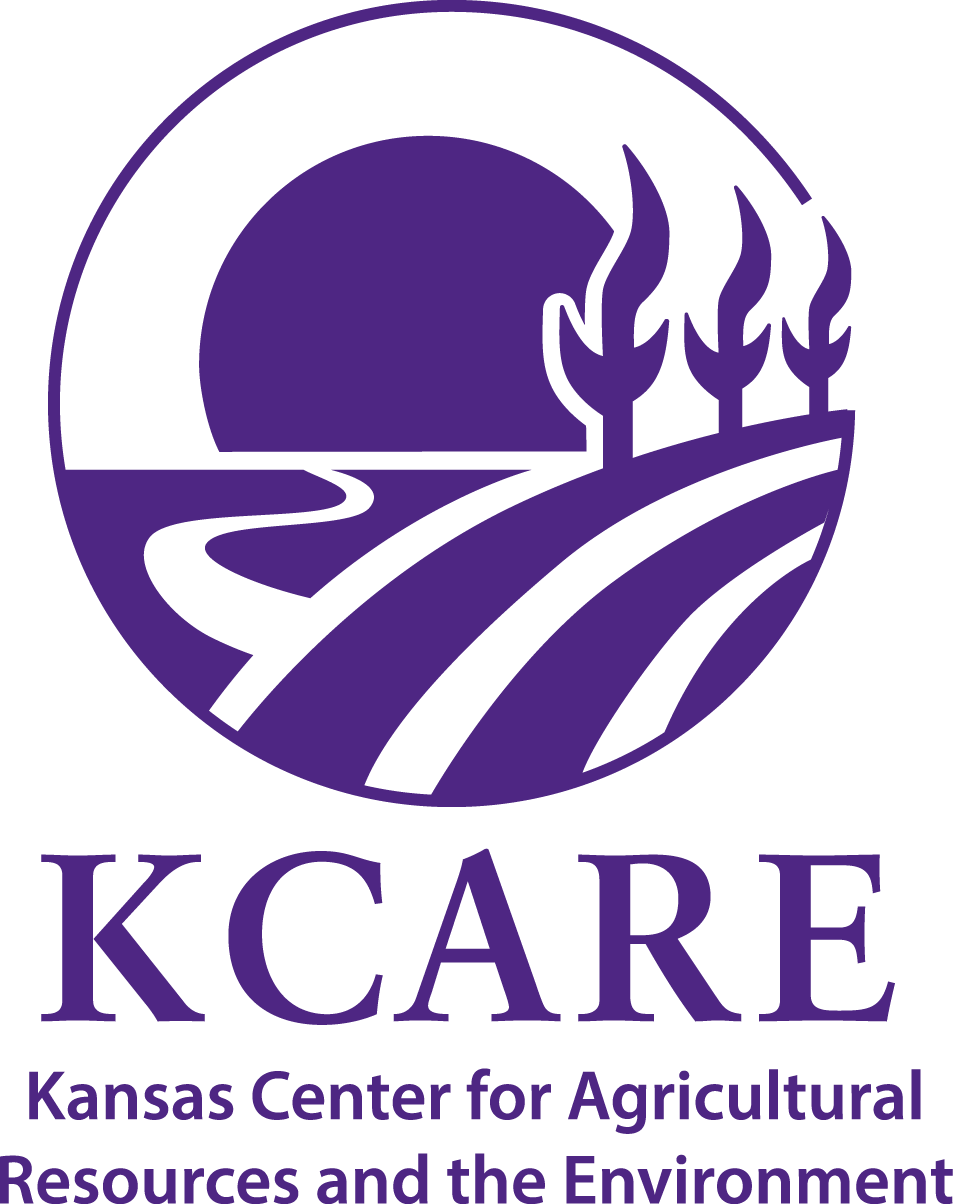New research
 Now available is a new publication from K-State about a recent survey of producers in the Ogallala aquifer region about how they view their role in groundwater use and how they think groundwater should be conserved. The paradoxical results of this social study explain the important factors motivating producers' decision-making and provide an understanding of the cultural state of the Ogallala aquifer.
Now available is a new publication from K-State about a recent survey of producers in the Ogallala aquifer region about how they view their role in groundwater use and how they think groundwater should be conserved. The paradoxical results of this social study explain the important factors motivating producers' decision-making and provide an understanding of the cultural state of the Ogallala aquifer.
Understanding the Perceptions of Producers Regarding the Ogallala Aquifer Use: A Survey Report
Making Waves: K-State water researchers join forces

No one discipline can solve the issues our world is facing when it comes to the issues of water use and water quality. For that reason, KCARE is working to gather faculty and graduate students from various departments and colleges together for a series of networking events. The topic? Water, of course!
Our first Making Waves luncheon had a great turnout, with participants from more than a dozen different departments spanning several colleges. KCARE Director Susan Metzger kicked it off with several "lightning" presentations about different facets of water research within K-State, after which everyone was able to network with new colleagues and begin to create interesting partnerships for future research.
KCARE will host more Making Waves events thoughout the year. Want to make sure you're invited? Let us know!
Learn more about the Ogallala aquifer
When springtime storms hit Kansas, the accompanying deluges can clog storm drains, erode hillsides, or flood basements. When facing a failing sump pump, it’s hard to imagine needing – or wanting – more water. But that’s the dilemma facing the eight states that overlie the Ogallala Aquifer, a vast underground repository of fresh water used to keep farms and ranches producing the food to nourish millions.
And when geologists say “vast”, they mean it: the aquifer covers about 175,000 square miles under parts of Wyoming, South Dakota, Colorado, New Mexico, Nebraska, Kansas, Oklahoma, and Texas. Created through a series of events a million years ago, it sits on top of a layer of bedrock in a mix of clay, silt, sand, and gravel, forming what could be described as an underground sponge. It holds so much water that, if the aquifer was drained, the water it contains would cover the entire United States … under a foot and a half of water. While these statistics are staggering, the Ogallala Aquifer is not infinite; in fact, with current water use, researchers worry that this giant subterranean sponge will deplete faster and faster until there’s nothing left.
In Kansas, the Ogallala underlies 38 percent of the state, according to the US Geological Survey. Like many other states in the High Plains, agriculture forms the backbone of the economy, with Kansas producing much of the nation’s beef cattle, corn, wheat, grain sorghum and soybeans. Agriculture relies on water, and most of that water is pumped to farms and ranches from the Ogallala Aquifer. This water does not replenish at the same rate it’s used, and most estimate that it would take 6,000 years to refill the aquifer once it is depleted.
Recognizing the importance of the aquifer and its life-giving role in the region, K-State is a key member of the Ogallala Aquifer Program, a cooperative project between the USDA-ARS, Texas A&M University, Texas Tech University, West Texas A&M University, and Kansas State University. The team focuses on innovative management technologies appropriate for the region, to enhance and sustain rural economies. Some of the issues this project addresses are related to water management practices in cropping and integrated crop-livestock systems, as well as irrigation management and automation for increased water use efficiency.

